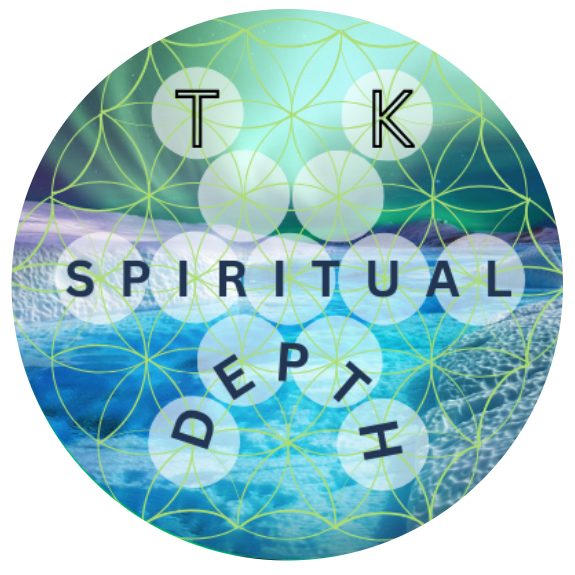Welcome to the insightful world of Terrence Kava’s blog
…where wisdom meets words and inspiration blossoms.
Our blog is currently undergoing a creative transformation, but fear not – we’re in the cocoon stage, brewing a concoction of thought-provoking content that will soon take flight.
Stay tuned as Terrence, your Spiritual Depth Life Coach, shares his reflections on spirituality, mental well-being, and the diverse tapestry of life.In the meantime, explore our existing resources and let the anticipation build for the unveiling of a blog that promises to be a sanctuary for seekers of knowledge and enlightenment.


Let’s delve into the distinctions between
Spiritual Psychology, Clinical Psychology, and Depth Psychology,
along with arguments for when one might be preferred over the others.
- Spiritual Psychology:
Definition: Spiritual Psychology focuses on the integration of spiritual principles into the therapeutic process. It recognizes the importance of the spiritual dimension in human experience, aiming to foster holistic well-being.
When to Choose Spiritual Psychology:
Individuals Seeking Meaning and Purpose:
If a person is grappling with existential questions, searching for meaning, and seeking a deeper connection with their spiritual self, Spiritual Psychology can offer guidance and support.
Mind-Body-Spirit Harmony:
When someone desires an approach that acknowledges the interconnectedness of mind, body, and spirit, and seeks to address mental and emotional challenges through a holistic lens.
Exploration of Transcendence:
For those interested in transcending the ego and exploring the realms beyond individual identity, Spiritual Psychology provides a framework for personal growth and self-realization.
- Clinical Psychology:
Definition: Clinical Psychology is a broad field that focuses on assessing and treating mental health disorders and emotional challenges. It employs evidence-based practices to address a range of psychological issues.
When to Choose Clinical Psychology:
Specific Mental Health Concerns:
When individuals are dealing with diagnosed mental health disorders such as anxiety, depression, bipolar disorder, or schizophrenia, Clinical Psychology offers targeted interventions and therapeutic techniques.
Crisis Intervention:
In situations where immediate support and crisis intervention are necessary, clinical psychologists equipped with crisis management skills can provide timely assistance.
Evidence-Based Treatment:
For those who prefer therapeutic approaches backed by scientific research and proven efficacy, Clinical Psychology offers a wide range of evidence-based interventions. - Depth Psychology:
Definition: Depth Psychology explores the unconscious aspects of the psyche, emphasizing the integration of hidden or repressed elements. It often involves psychoanalytic methods and aims to uncover the deeper layers of the human mind.
When to Choose Depth Psychology:
Exploration of the Unconscious:
If individuals are interested in understanding the roots of their behaviors, patterns, and unresolved issues residing in the unconscious, Depth Psychology provides a framework for introspection.
Symbolic and Archetypal Exploration:
For those drawn to symbolic and archetypal exploration, Depth Psychology offers a rich tapestry of symbols and images that can provide insight into the deeper layers of the psyche.
Long-Term Personal Growth:
When the goal is not just symptom relief but also long-term personal growth and self-discovery, Depth Psychology can be beneficial in unraveling the complexities of one’s inner world.
Considerations for Choosing:
Holistic vs. Symptomatic Approach:
Spiritual Psychology takes a holistic approach, addressing the person as a whole, while Clinical Psychology often focuses on symptom relief. Depth Psychology falls somewhere in between, exploring the underlying causes of symptoms.
Scientific vs. Analytical Methods:
Clinical Psychology relies heavily on scientific methods and evidence-based practices. Depth Psychology incorporates analytical methods, and Spiritual Psychology may involve intuitive and experiential approaches.
Short-Term vs. Long-Term Goals:
Clinical Psychology is often geared towards short-term symptom relief, while Spiritual and Depth Psychology may be better suited for individuals seeking long-term personal growth and transformative experiences.
Ultimately, the choice between these approaches depends on the individual’s unique needs, preferences, and the nature of their psychological challenges. An integrative approach, combining elements from these different schools of thought, may also be considered for a more personalized and comprehensive therapeutic experience.
Leave a comment